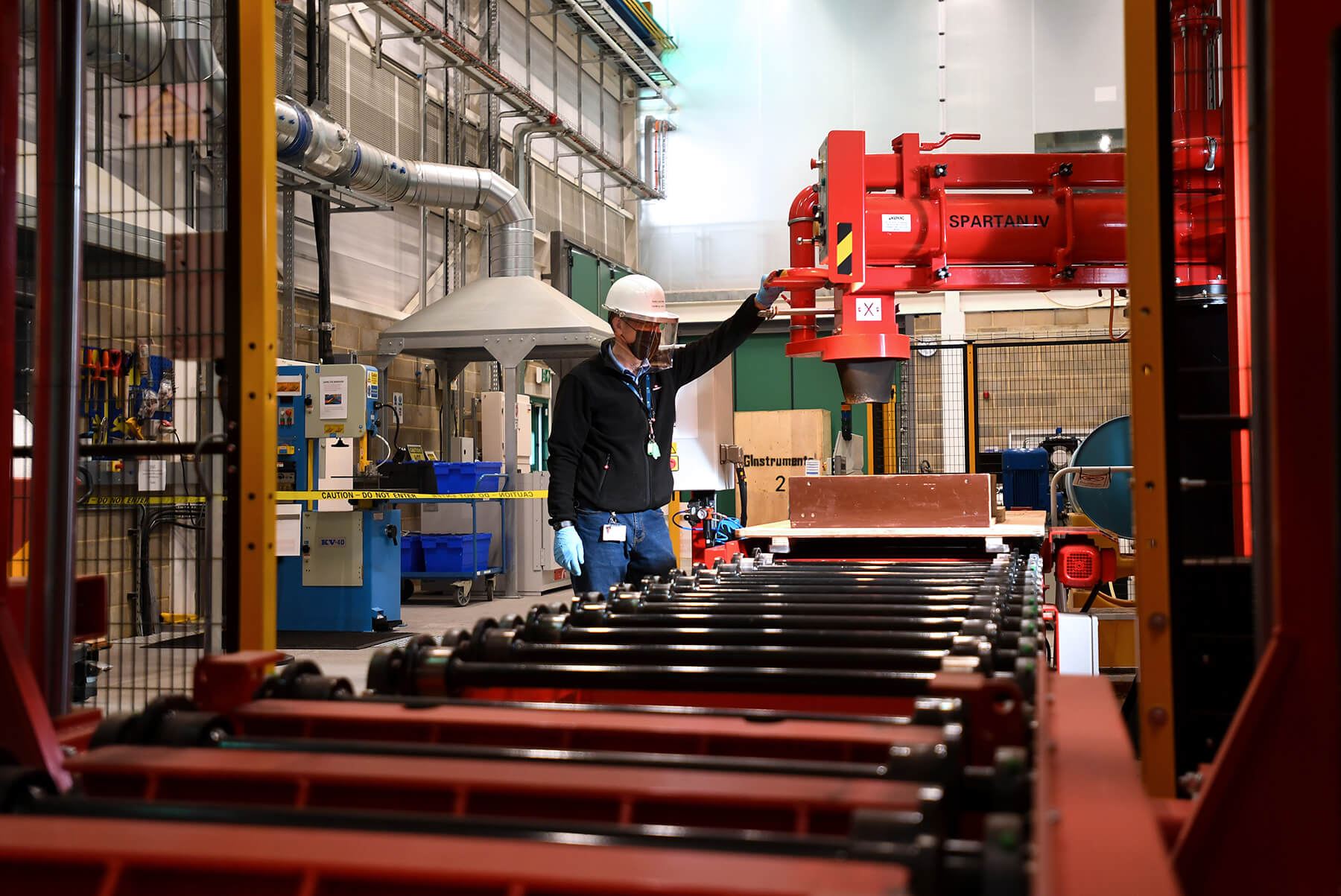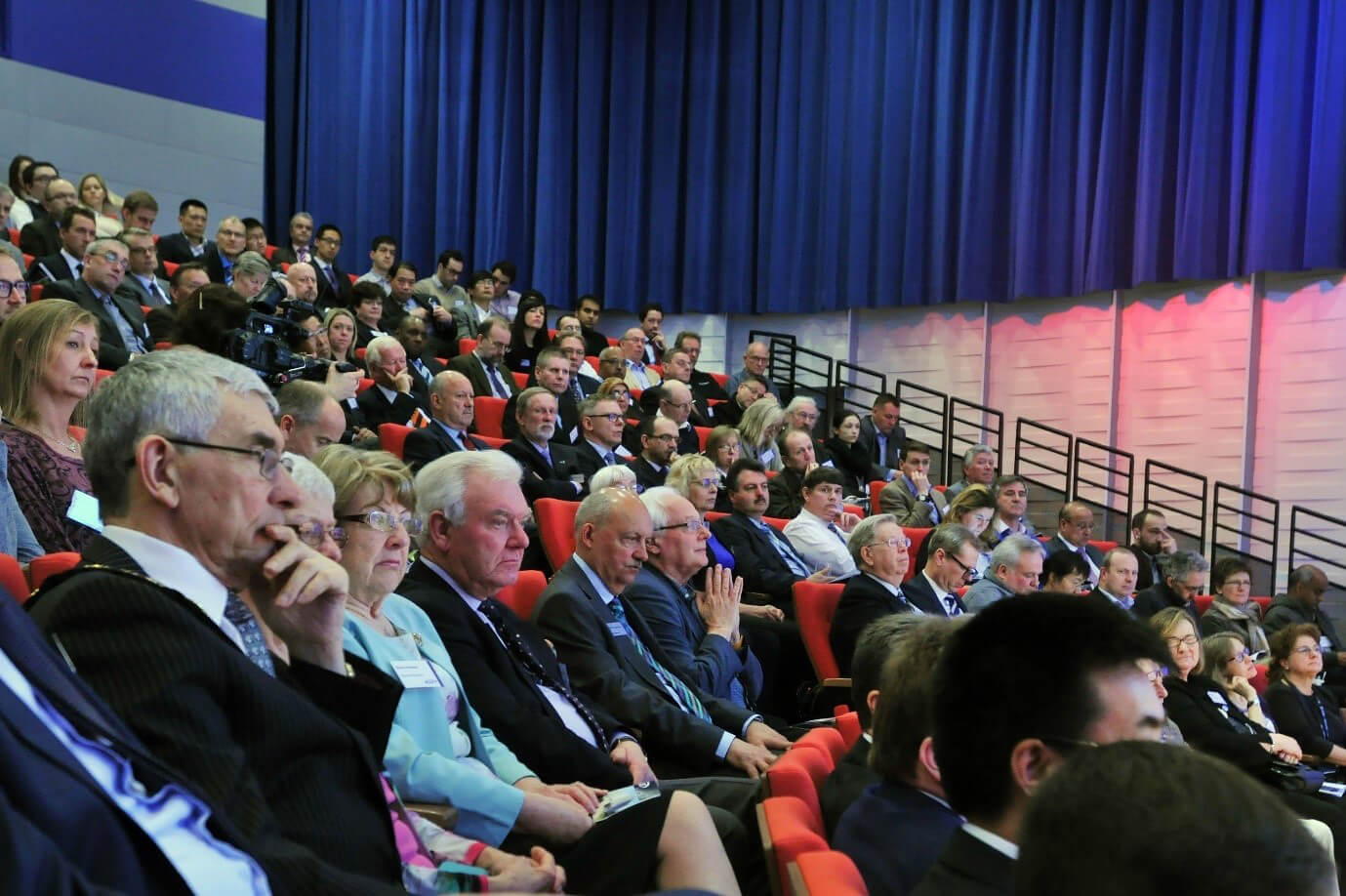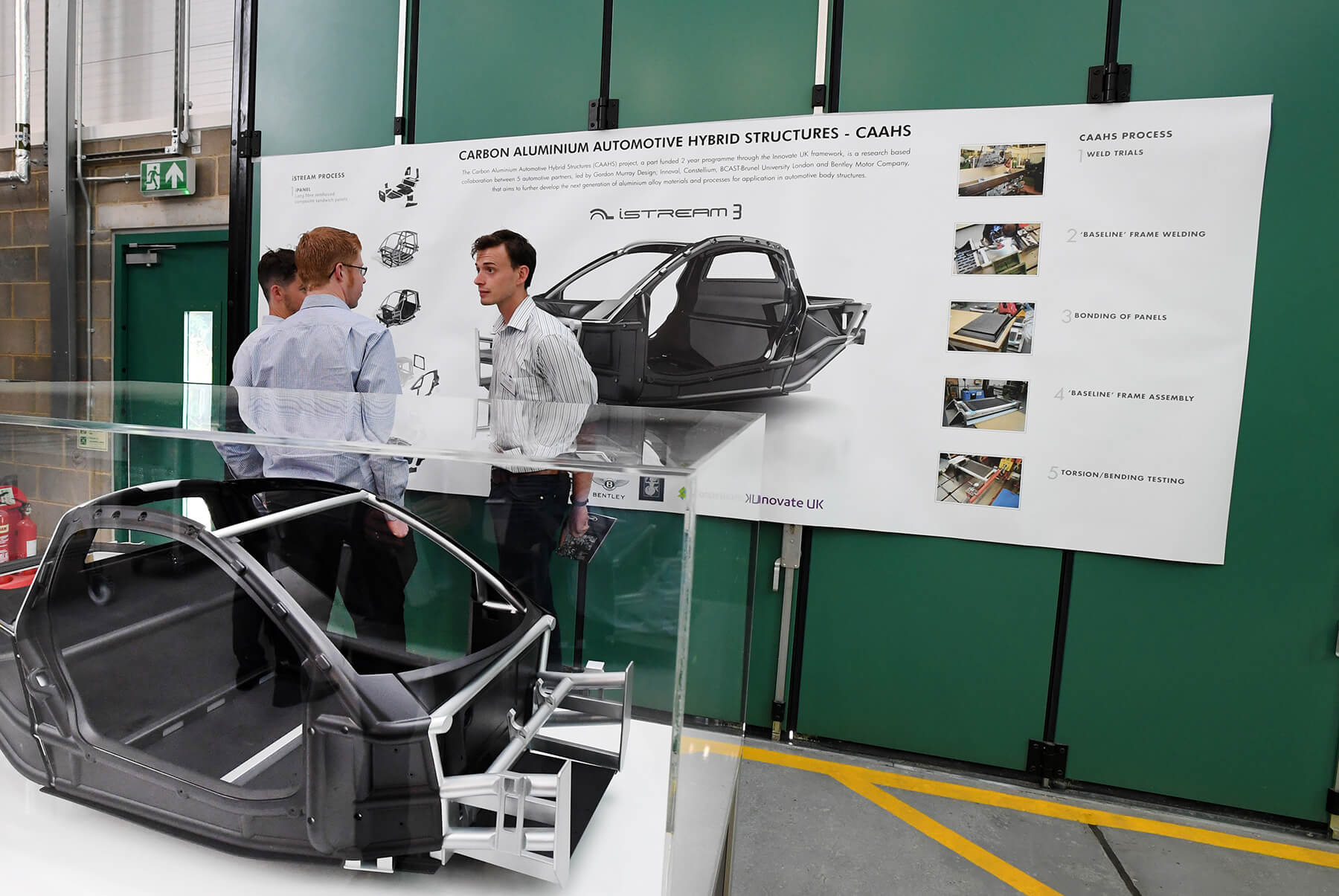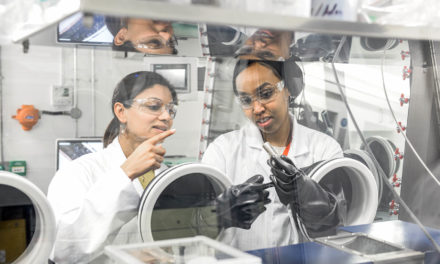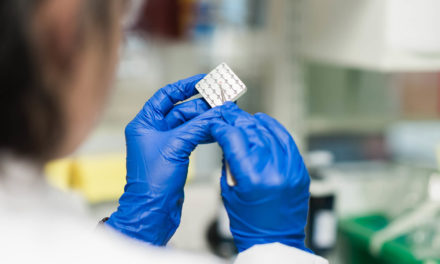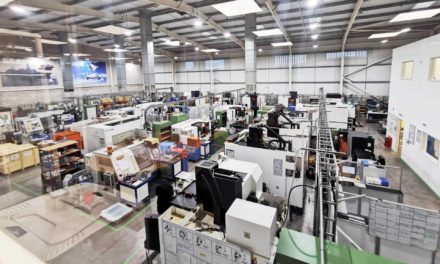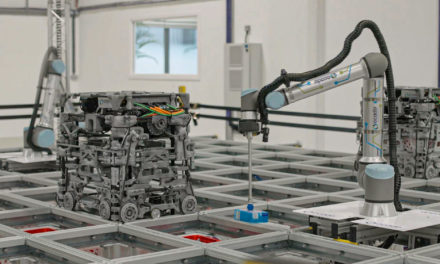Liquid Metal Engineering – Forging a sustainable aluminium supply chain
Future Liquid Metal Engineering Research Hub
Over the past 30 years the UK’s capability for producing aluminium products has declined dramatically. The next generation of low carbon electric vehicles offers brand new opportunities, and the Future LiME Hub is playing a key role.
Zhongyun Fan, Professor of Metallurgy at Brunel University London and Director of the Future Liquid Metal Engineering Research Hub
Above: LiME has engaged regularly with industry and wider stakeholders through a series of workshops, open days and other events
The UK no longer produces sheet for automotive bodies or cans. Our remaining extrusion presses do not have the capability to manufacture the high strength extruded sections required to manufacture lightweight structural components for low carbon electric vehicles. Presently, we have no capability to manufacture aluminium foil for packaging or to support lithium battery manufacture in our growing number of battery gigafactories. Shape casting and forging capabilities have also undergone downturns.
As a result, the UK is at the mercy of global supply chains for most of its aluminium and it presently imports about a million tonnes of mainly high carbon aluminium each year and exports a similar amount of low carbon aluminium scrap that could be a valuable resource.
Since it was established in 2010, LiME (led by BCAST at Brunel University London) has sought to support the UK metals sector in reversing this situation. Based on its vision for Full Metal Circulation, LiME has addressed the full range of technology readiness through underpinning fundamental science, materials and technology development, and industrial R&D. These activities were the inspiration for establishing the UKRI Interdisciplinary Centre for Circular Metals as part of its wider circular economy programme.
Fundamental research has focussed on nucleation controlled solidification, completely rewriting nucleation theory in so doing, leading to new ideas in microstructural control, grain refinement and recycling. LiME has engaged with the academic community by publishing 400 scientific papers, giving more than 100 invited and keynote lectures, and organising two major conferences in the past seven years.
Materials developments have included supporting the development of a new generation of high-strength extrusion alloys, and developing new high-strength and high-ductility casting alloys, all of which have been implemented. LiME has also created new grain refining systems for both wrought and casting alloys.
To enable extensive and effective support of industry, and with EPSRC and HEFCE/Research England funding, the Advanced Metals Casting Centre and Advanced Metals Processing Centre have been established providing industrial-scale equipment for R&D, and the Future Metallurgy Centre with high tech materials characterisation facilities.
These have allowed LiME to work with 66 industrial partners to date, support numerous industry-led collaborative projects and attract £63m in research grants. One strategic partner has co-created a University Technology Centre and based its own R&D centre at Brunel.
The time is right to transition these developments to support the Net Zero Strategy and the declared sustainability goals of the major producers and users of aluminium in their UK and global operations. The UK is uniquely placed to do this.
Learn more at www.lime.ac.uk
Supporting Innovation
Just some of the LiME-supported collaborative R&D activities funded by Innovate UK, the Advanced Propulsion Centre and BEIS:
1. LEAAST – Design and demonstration of automotive crash management systems manufactured from a new generation of high strength aluminium extrusion alloys.
2. CAAHS – Demonstration of lightweight vehicle frames based on extruded aluminium.
3. REALITY – Production of automotive body sheet using aluminium recovered from Incinerator Bottom Ash and Taint Tabor end of life scrap.
4. CHAMAELEON – Production of thin-walled high pressure die castings for lightweighting with no compromise in vehicle performance.
5. RACEForm – Validation of innovative Hot Form Quench technology including the development of a recycled 6xxx series alloy.
6. Al-ULEV, LIBERATE, ALIVE – Sequential development of battery enclosures for electric vehicles based on high strength aluminium extrusions and cast nodes. From demonstration in a lightweight concept vehicle to full-scale demonstrations in production vehicles and supply chain analysis towards establishment of a UK manufacturing facility.
7. Foundry 2030 – Promoting the use of aluminium castings in critical structural aerospace components by improving process control.

